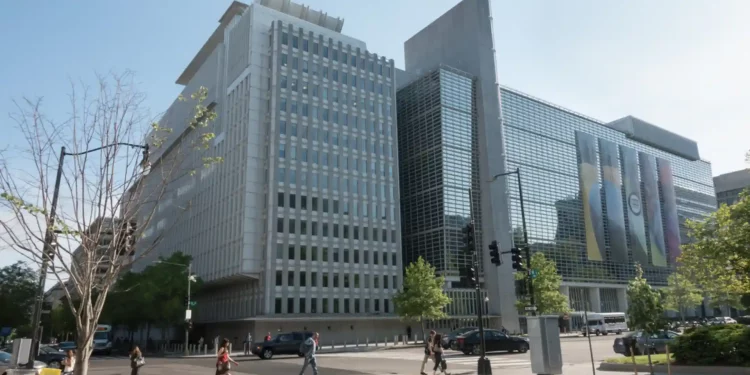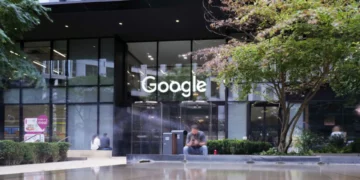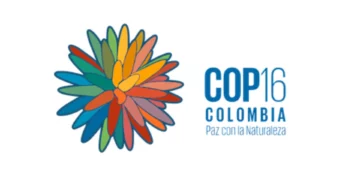The World Bank and IMF meeting in Morocco will bring together the financial heads of the world including central bank governors, finance ministers, and the executives of the top commercial banks in the world
The International Monetary Fund and World Bank are all set to hold their annual meetings in Morocco this week (October 9-15), at a crucial time of scaling economic crisis and global tensions. The Russia-Ukraine war has unveiled how the political tensions between the two countries could impact the global economy. The new outbreak of violence in Israel adds to the pressures on the IMF’s efforts to improve the financial capabilities of its members.
The meeting in Morocco will bring together the financial heads of the world including central bank governors, finance ministers, and the executives of the top commercial banks in the world.
Global Economy
The economy around the world has been grappling with inflationary pressures, and saw the sudden monetary tightening in a generation, along with the Russia-Ukraine war and China’s property crisis. All these have caused the market haste to price in a higher interest rate expectation. The IMF will soon provide its analysis and forecast of the risks when it announces the update to the World Economic Outlook.
IMF increased its forecast for global GDP growth to 3% in 2023, which is higher than its April forecast of 2.8%. Many risks identified in July have been intensified, adding confusion as to whether the projections remain on the right track. The discussions over fiscal and monetary measures often outshine the economic updates at such multilateral conferences. As the conflict tensions rise, new challenges will be faced by central bank governors and finance ministers in addressing the conflict in Israel while balancing the opposing stances.
Aid for Debt
G20 and Bretton Woods Institutions are at the center of an effort to reduce the debt distress of the global economy. Huge loans taken by the emerging markets when interest rates were low are now creating troubles. The resolution efforts, which is a very slow progress will be on focus during a session of the Global Sovereign Debt Roundtable, an effort to bring together debtor countries with China and other new lenders as well as private creditors.
A unified approach to restructuring debt by distinctive groups is difficult. Some changes or progress in individual cases may happen, but as a whole, the expectations are low for any advances.
Joint Efforts
Ajay Banga, World Bank president is expected to announce his plans to elevate the efforts that could increase lending by more than $100 billion over a period of 10 years. Kristalina Georgieva, IMF Managing Director, proposes to increase the quotas of the funds, thus seeking more money from the members so that the countries remain safe from the financial crisis affecting them too hard.
US Treasury Secretary Janet Yellen urged the World Bank to take up a wider set of challenges and boost the private sector. Ms. Yellen had also asked the partners to mount more guarantees or some other types of funding to strengthen its lending power. The response however has been hushed mostly because of the insight that even Janet Yellen’s efforts to enhance the bank must go through political disputes.
The IMF leaders will examine the deadline for their 16th review of quota. The United States gives more importance to increasing resources but is against voting weights, which would give more authority to China.
City of Cheerfulness
Morocco is currently recovering from a dreadful earthquake that killed nearly 3,000 people. The “city of cheerfulness” as Marrakech is known is in need of $11.7 billion to pay for rebuilding and might require billions more to co-host the FIFA World Cup in 2030.
After the earthquake around 60,000 people are left homeless. The approaching winter increases the hardships of the living conditions of the survivors. The Red Cross last week had already called for urgent humanitarian aid as winter approaches including proper latrines, shower facilities, and warm shelters.

















